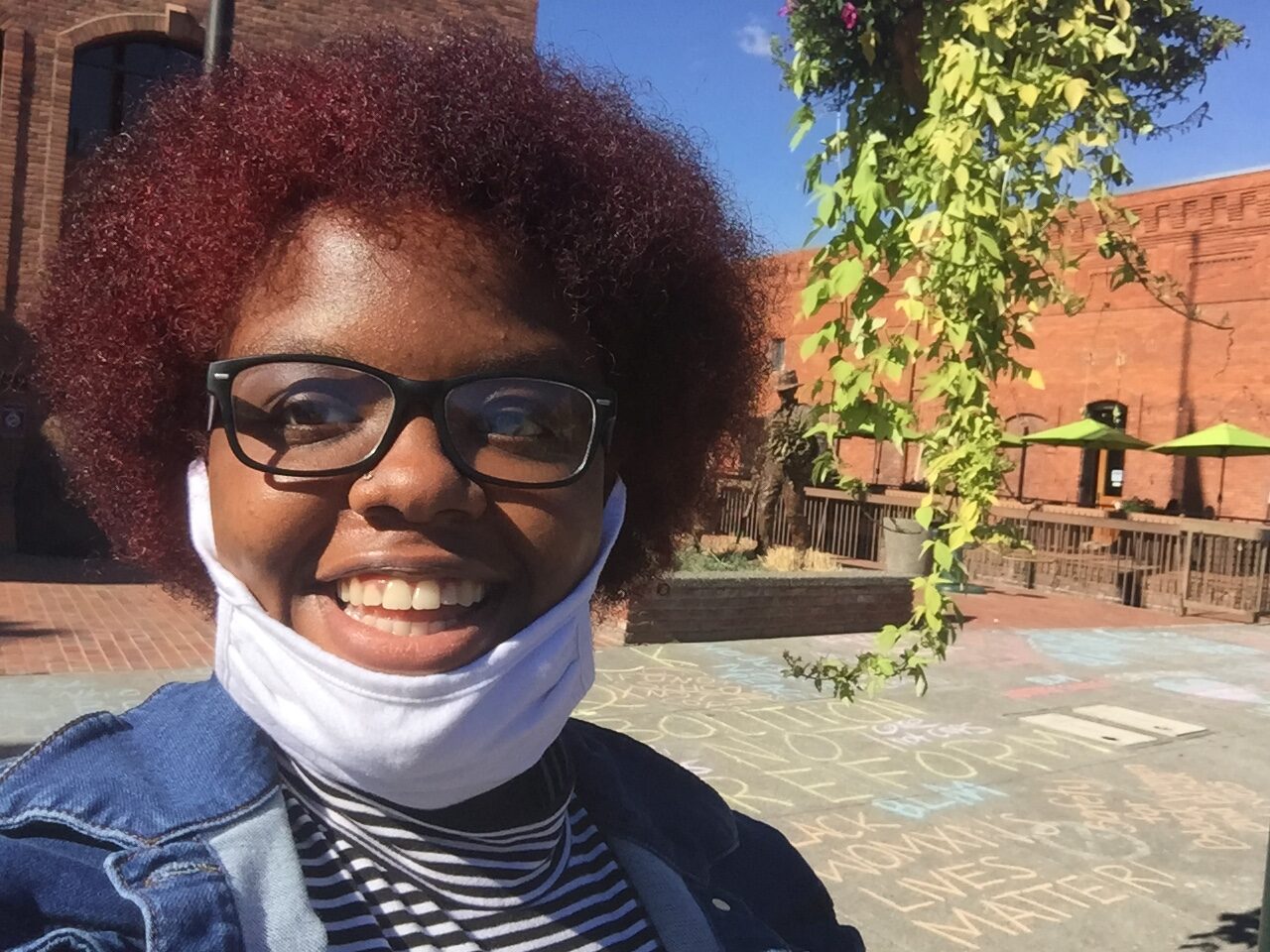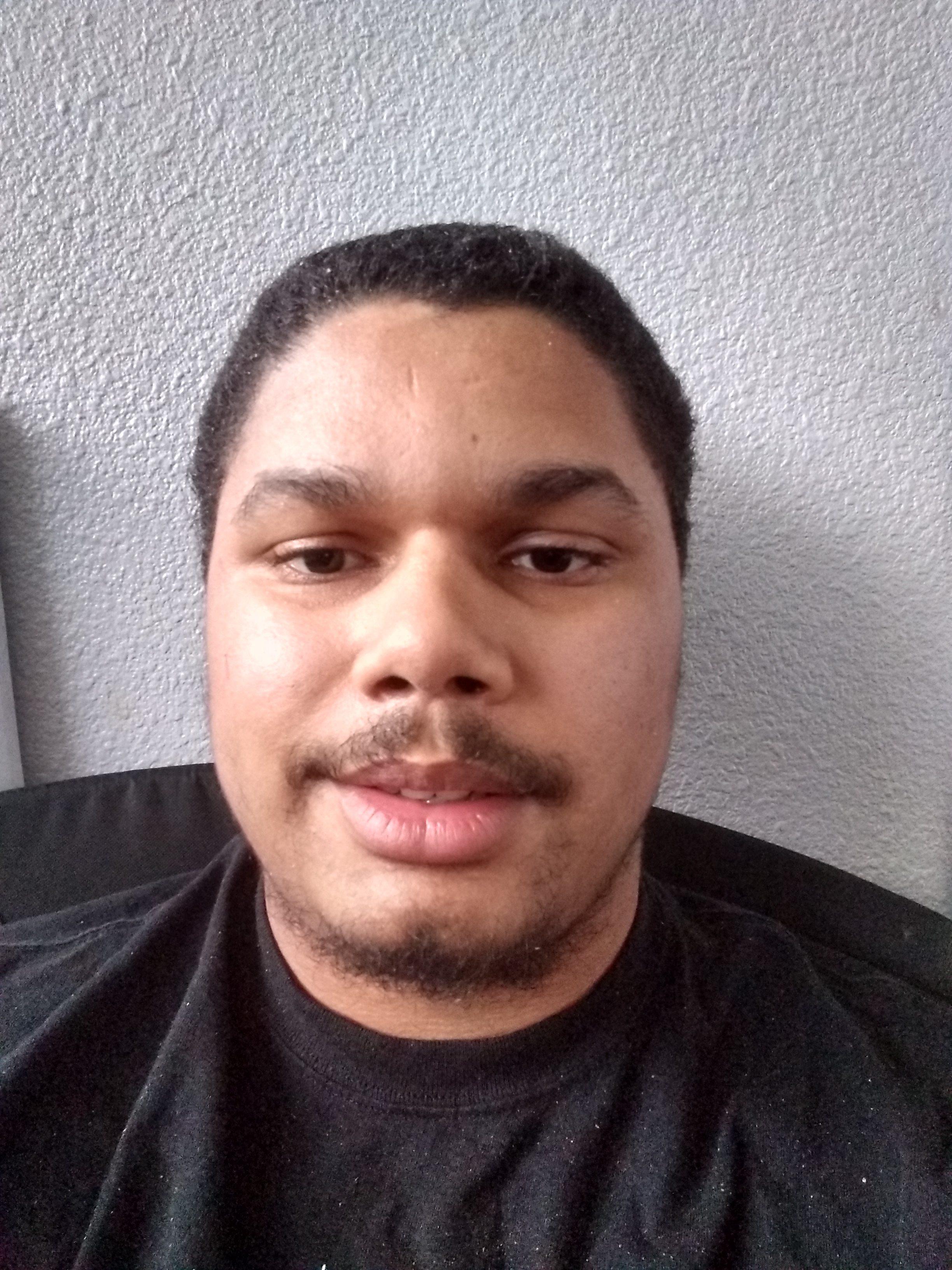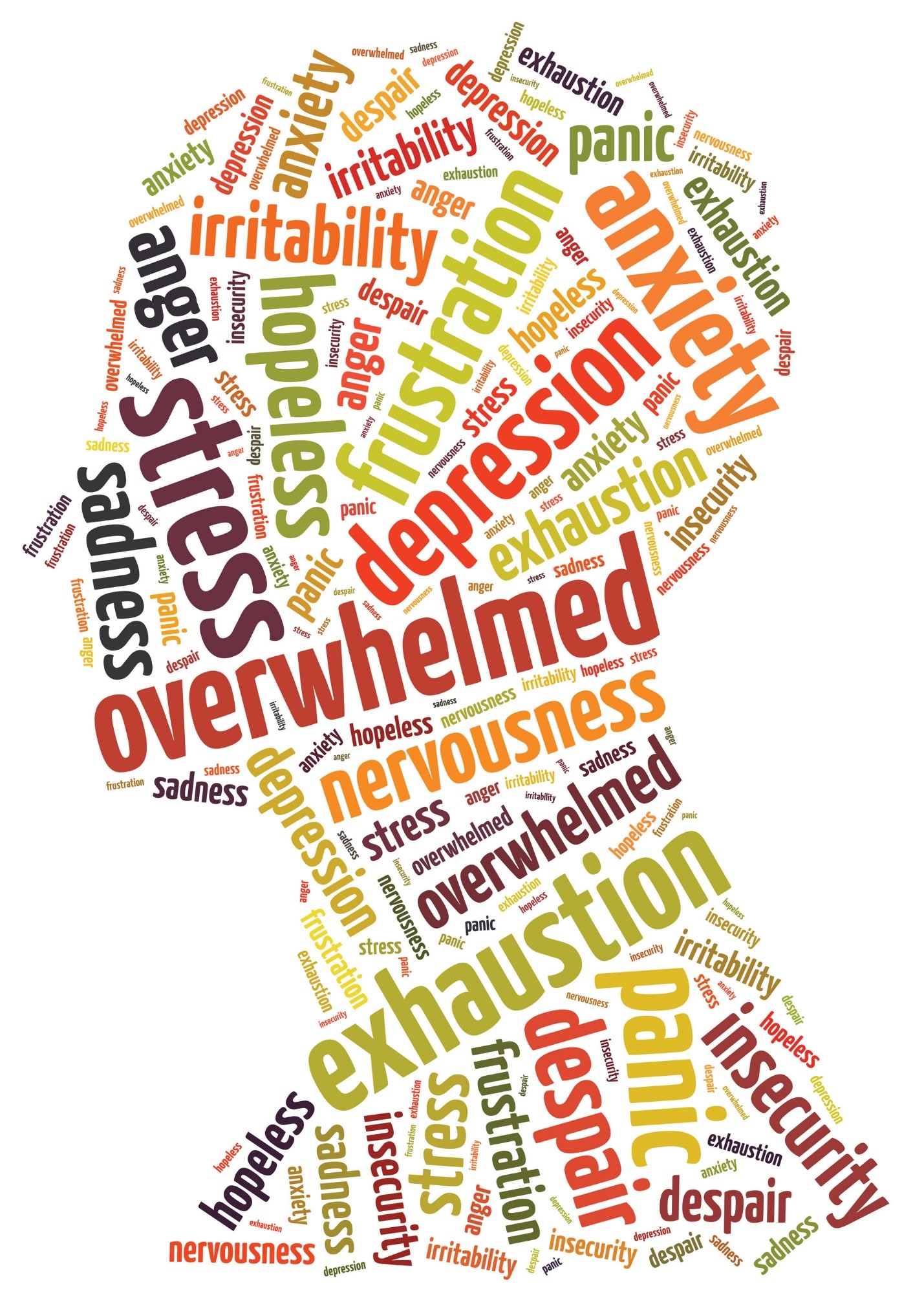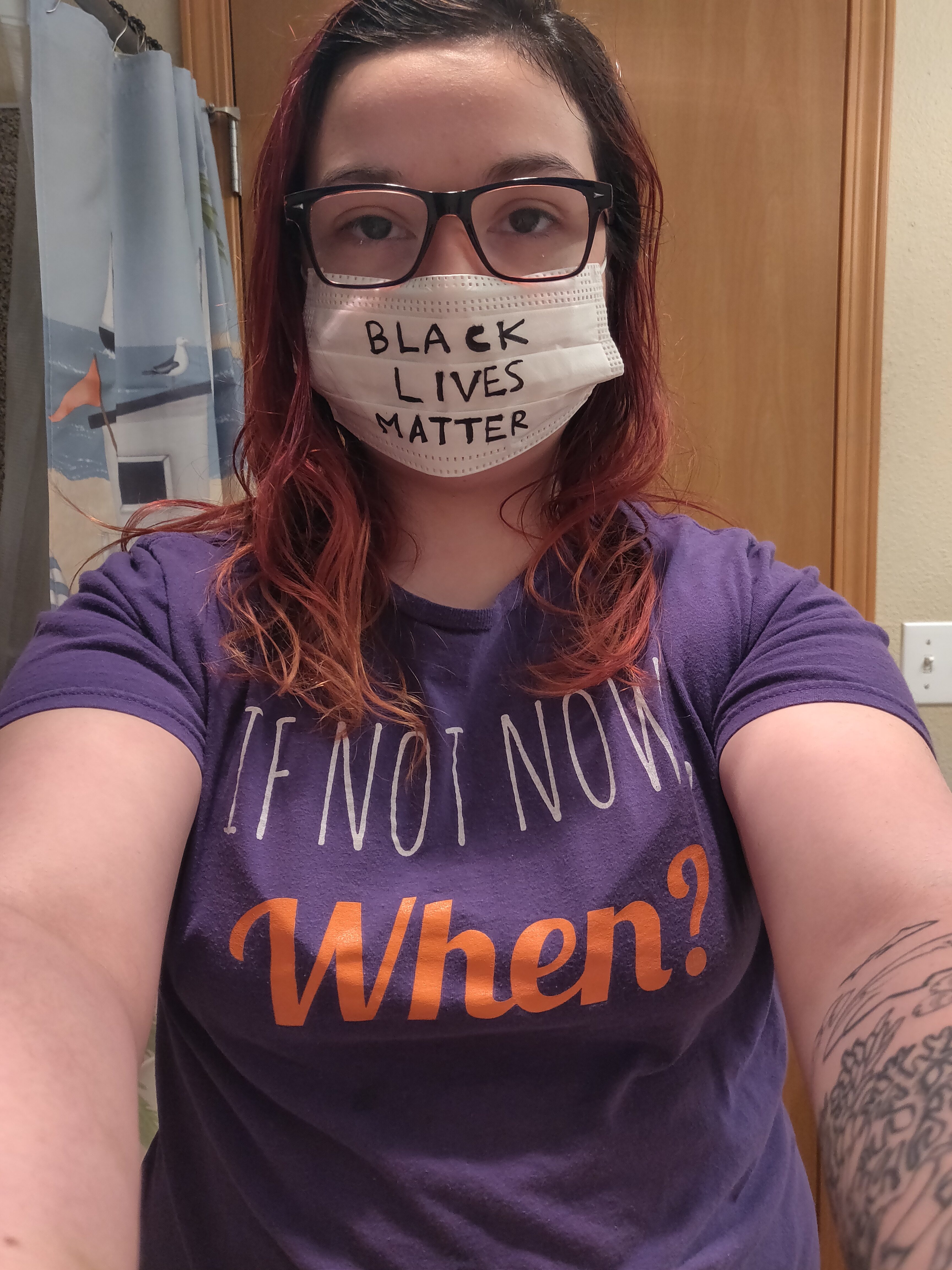In our ongoing mission to combat youth and young adult homelessness, the concept of Functional Zero (FZ) serves as a pivotal benchmark. Understanding and achieving Functional Zero can help communities ensure that homelessness among unaccompanied youth and young adults is rare, brief, and non-recurring. At A Way Home Washington (AWHWA), we are committed to leveraging the principles of FZ to create sustainable solutions that address homelessness, especially focusing on equity for those disproportionately affected.
What is Functional Zero?
Functional Zero is a comprehensive and dynamic set of measures that ensures homelessness is rare and brief. Here’s a closer look at what it entails:
- Homelessness is Rare and Brief: Functional Zero means that the number of people experiencing homelessness at any time does not exceed the community’s proven capacity to house at least that many people each month. This requires robust systems that prevent homelessness, quickly identify those who become homeless, and provide prompt, permanent solutions.
- Accurate, Real-Time Data: Cities and counties must maintain a full, real-time account of homelessness. This involves having high-quality, comprehensive data on who is experiencing homelessness, enabling communities to respond swiftly and effectively.
- Equitable Systems: To achieve true equity, systems must be designed to identify and address disparities, particularly those based on race, gender identity, sexual orientation and ethnicity. This ensures that marginalized groups do not continue to be underserved or disproportionately affected.
- Sustained Achievements Over Time: While Functional Zero is achieved when a community meets all the metrics in one month, sustaining FZ is an ongoing commitment
Tenets of Functional Zero
The journey to achieving Functional Zero is guided by a set of core principles that ensure the effectiveness and sustainability of our efforts. These tenets provide a framework for communities to create equitable, data-driven, and responsive systems that address the unique challenges faced by unaccompanied youth and young adults experiencing homelessness. Here’s an overview of the fundamental tenets that underpin our approach to Functional Zero:
- Simple & Easily Measurable: The metrics used to determine Functional Zero are straightforward and easy to track, allowing for clear assessment and accountability.
- Ending Disproportionality and Racial/LGBTQ+ Disparities: A key goal of Functional Zero is to address and rectify the disparities faced by marginalized groups, particularly those that are BIPOC and LGBTQ+ individuals.
- Dynamic to Reflect Unique Experiences: The measures are adaptable to reflect the unique experiences of young people and the specific needs of the communities we support.
- Holistic Package of Measures: The various metrics interact with each other to provide a comprehensive overview of homelessness, rather than isolated statistics.
- Centered on Housing: The primary focus is on securing stable housing and reducing the frequency and duration of homelessness.
- Designed from ACI Coaching Learnings: The approach is informed by insights and feedback from ACI coaching, providers, community partners, and the young people themselves.
How A Way Home Washington Uses Functional Zero to Measure Youth Homelessness
At A Way Home Washington, we recognize that completely eradicating homelessness is beyond our immediate scope. However, by adopting the principles of Functional Zero, we can work towards making unaccompanied youth and young adult homelessness rare and brief. Our approach involves:
- Investing in Real-Time, Quality Data Systems: Reliable and up-to-date data is crucial for tracking and addressing homelessness. We focus on supporting communities to build and maintain the necessary infrastructure to monitor their progress effectively.
- Systemic Changes to Reduce Homelessness: We coach communities on how to use their data to make system changes aiming to reduce the number of young people entering homelessness, while increasing the number of those exiting the system successfully and measuring their impact.
- Tracking Outcomes for Equity: We ensure that communities we work with are tracking sexual orientation, gender identity, and race outcomes related to youth and young adults experiencing homelessness, so that they may use the data to address disproportionality within their community.
Measuring Anchor Community Progress on the Road to Functional Zero
Our Anchor Communities play a crucial role in this effort. Here’s how we measure their progress:
- Quality, Real-Time Data Systems: Our Data team provides technical assistance and coaching to Anchor Communities to help ensure that data is accurate, timely, and up-to-date. This allows communities to track progress in real-time and make data-informed decisions.
- Data Submission: A Way Home Washington’s data team works in partnership with the WA Department of Commerce to develop custom reports, troubleshoot data quality issues, help identify and remove community barriers, and validate the accuracy of community data, ensuring that statewide efforts are coordinated and comprehensive.
- Functional Zero Certification: A Way Home Washington certifies communities who reach Functional Zero by verifying their quality, reliable data and confirming that they meet all Functional Zero Metrics, reinforcing the integrity and reliability of their system.
Achieving Functional Zero is a dynamic and ongoing process that requires commitment, accurate data, and equitable systems. At A Way Home Washington, we are dedicated to applying these principles to combat unaccompanied youth and young adult homelessness, ensuring that our efforts are effective and inclusive. By working together with communities and focusing on real-time data and systemic changes, we can make significant strides towards a future where homelessness is rare, brief, and non-recurring.

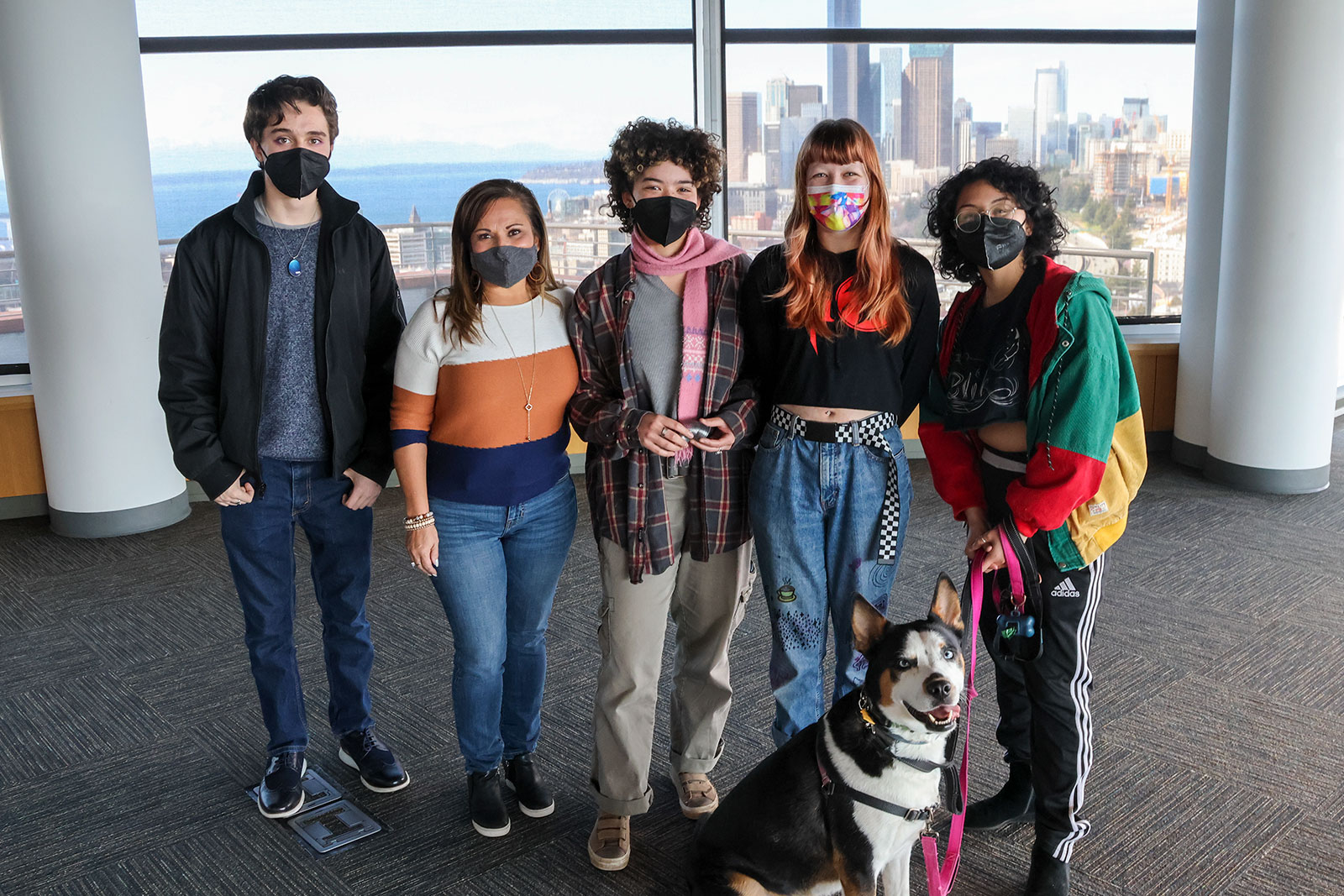
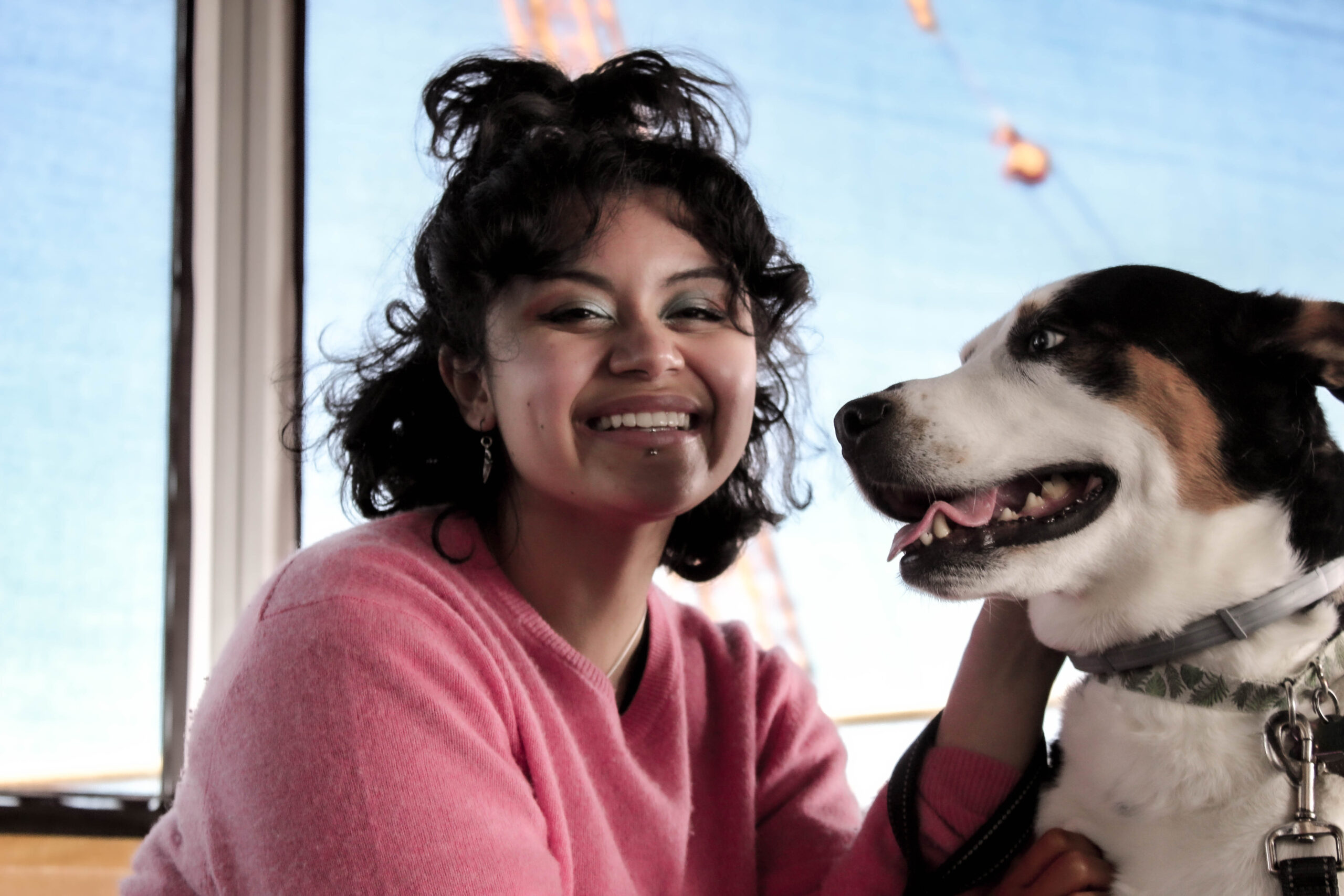
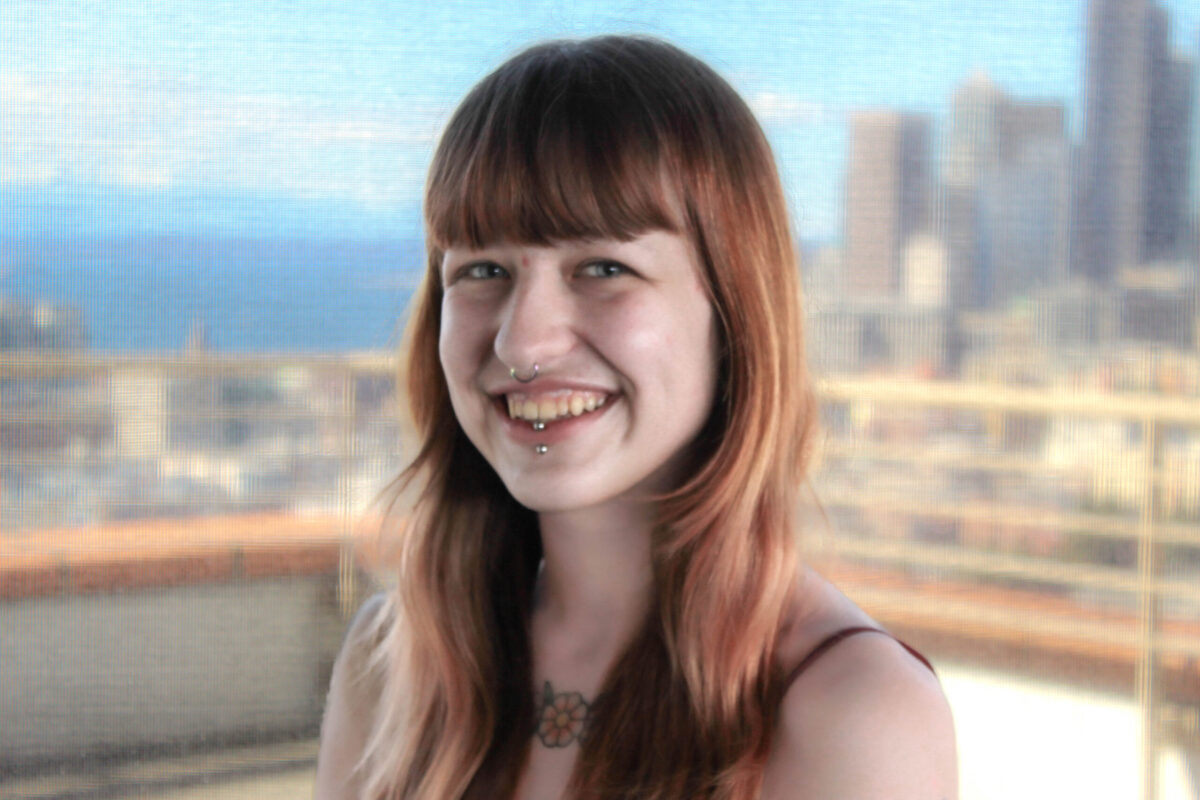
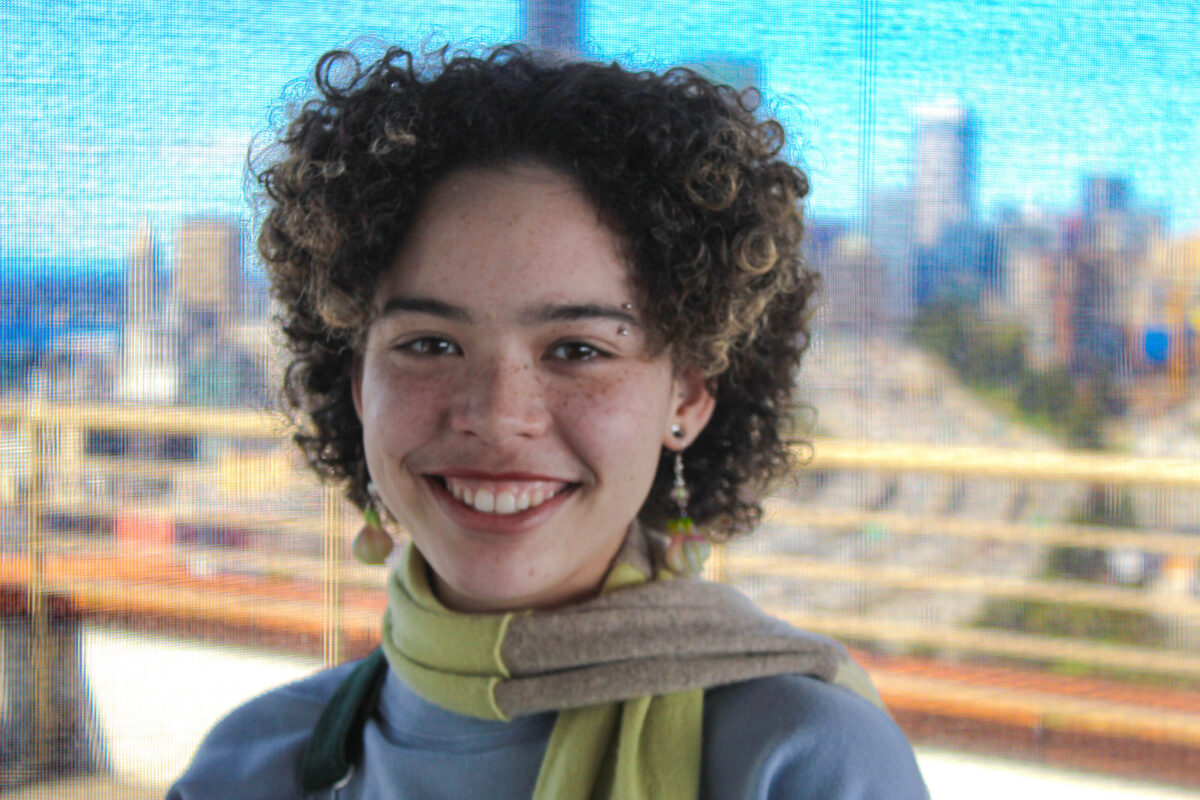
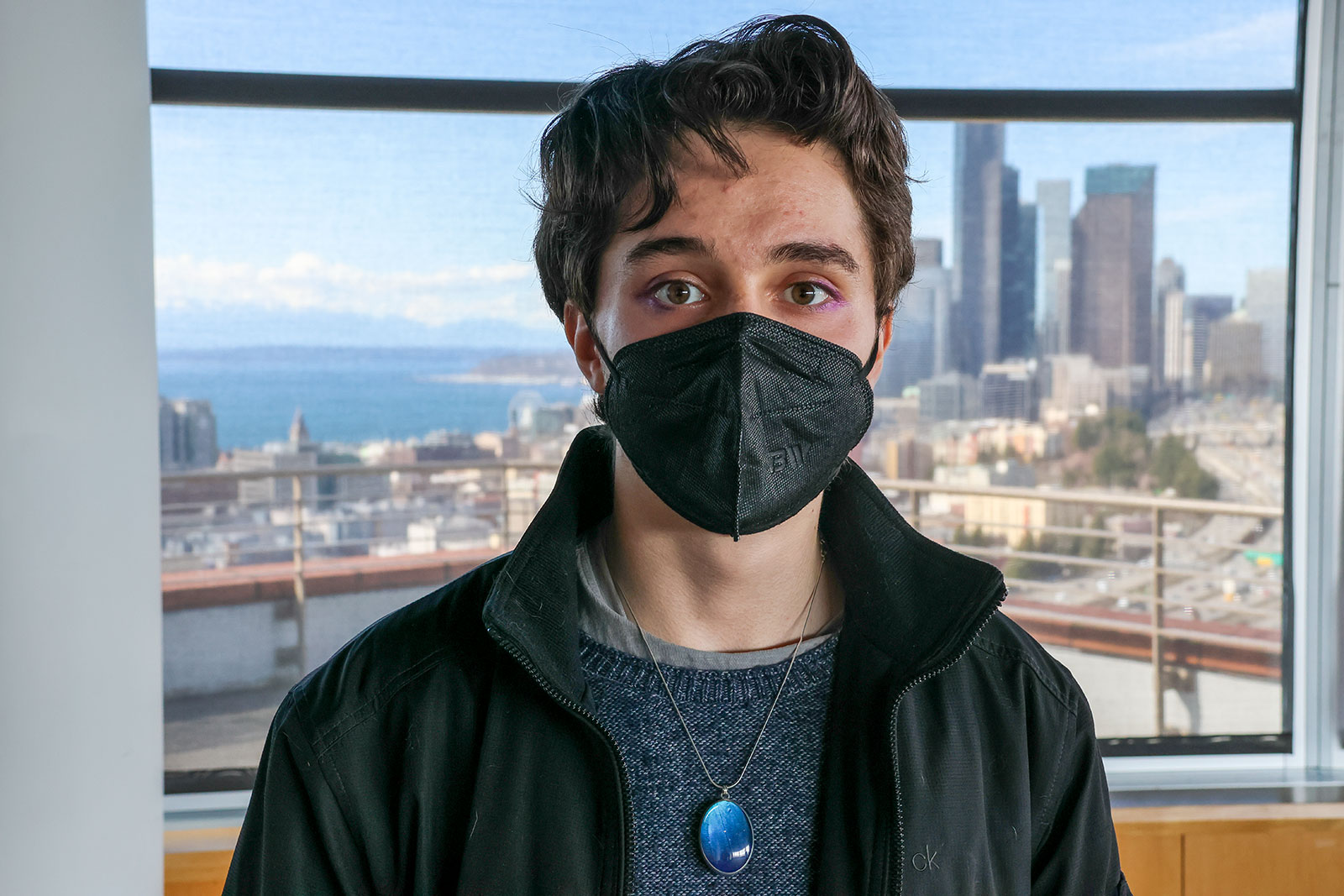
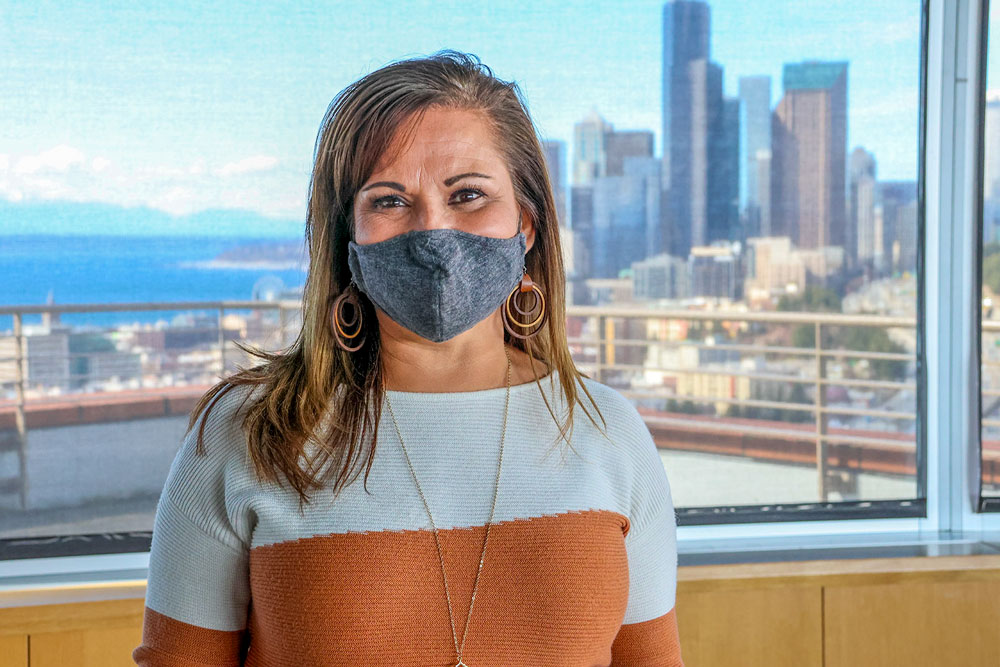
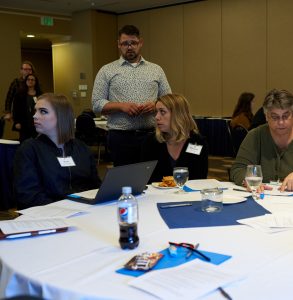
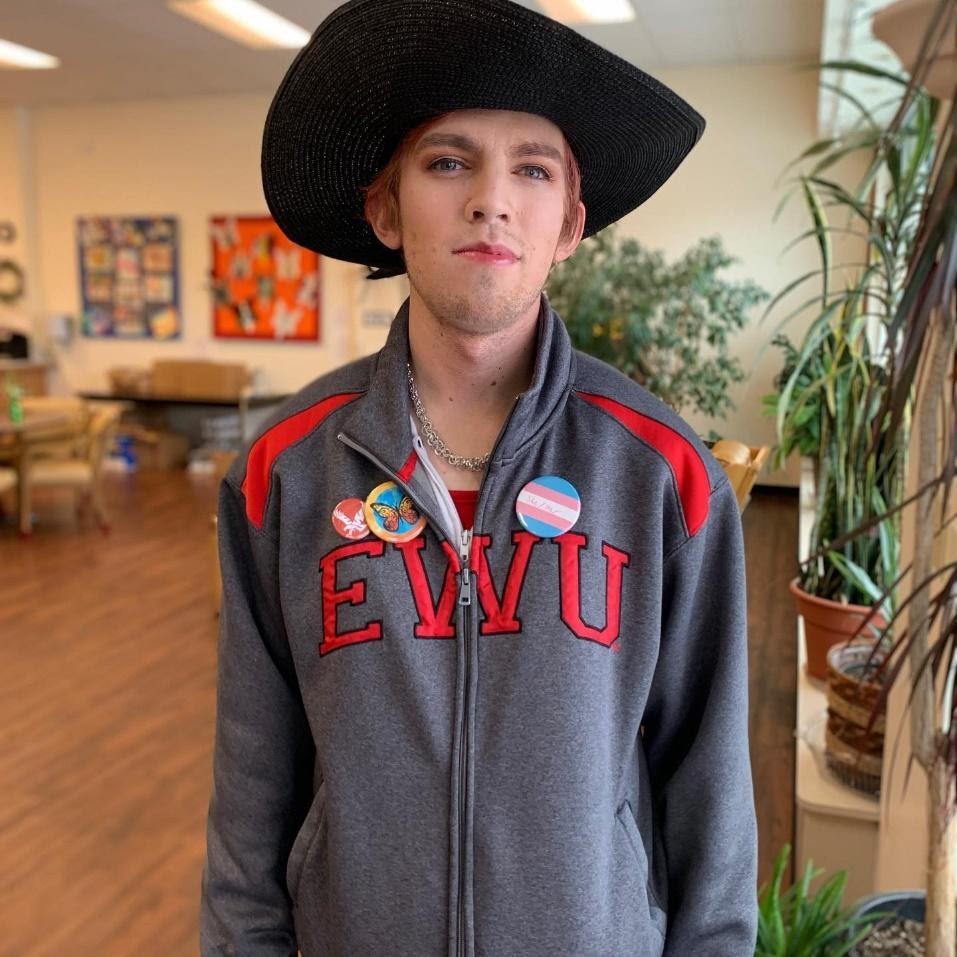 A month into staying at
A month into staying at 